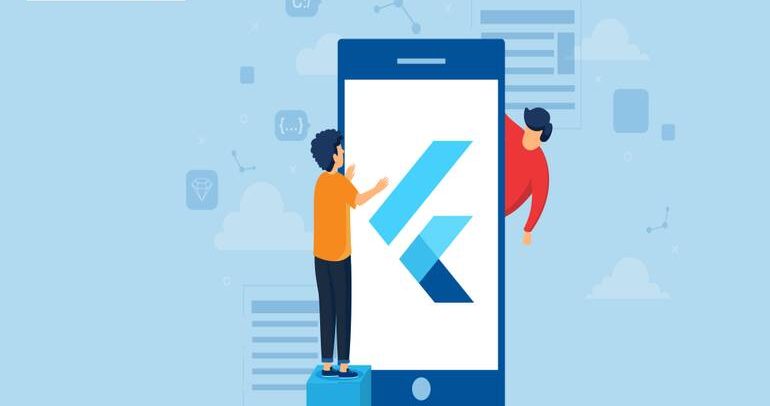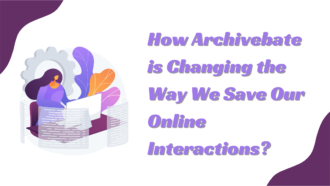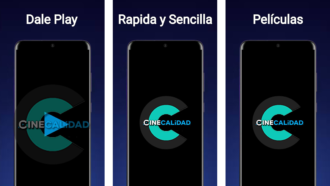App Answers: How Long Does It Take To Develop a Medical App?
If a nurse or doctor enters your patient’s room with a clipboard and a pencil, you should worry. These are the medical facilities that are lagging behind modern technology and are clearly not investing in the best patient care options.
In modern hospitals and clinics, physicians don’t carry around clipboards anymore. There is no pen and paper, because it’s slow, and leaves room for too much error.
Rather, medical personnel is carrying around tablets and using a medical app to collect patient information, diagnose illness, and track health.
Medical apps update patient records immediately and automatically, saving medical personnel tons of time. This in turn can save many thousands of dollars over the course of a year.
Is your organization ready to upgrade your workflow by creating a medical mobile app for your facility? Read on below to see how long medical application development takes, and what to expect during the process.
Ways to Develop an App
Wondering how to build a medical app? There are a few routes you can take when it comes to medical app development.
For complete control and customization, you can work with software developers to create an app from the ground up. The software development team may or may not have medical application experience.
But this will integrate all of the exact functionality that your team needs.
However, developing a big app like this from scratch will be the most expensive option. It will also take the longest to build, often making many months or longer to custom-code the entire application, and put it through various stages of testing.
The cheapest option would be working with an app template developer. These are teams that have created a variety of base apps. So all they need to do to launch an app for you is plug in your information, and customize the base app a little bit.
This is similar to how all grocery stores or all restaurants use essentially the same app, but with custom branding. While cheap and fast, it limits the amount of customization.
But when it comes to something as specific as a healthcare app, you need more flexibility and control over the final product, without necessarily starting from zero.
Working with a developer that specializes in medical apps is the best approach, and offers a middle ground in terms of price, development time, and functionality.
Medical App Development Stages
Regardless of which app development route you take, you’ll follow a very similar development process. Here are the steps you can expect to take with your development team.
App Purpose and Definition
First off, you’ll work with the developer to define exactly what the app is for, and who it’s for. Applications designed for patients will be very different from applications designed for your medical staff.
A patient-focused app will define how your patients can interact with your medical facility. It can streamline various processes, primarily administrative. It can save nurses and administrative staff from having to collect information manually from a patient.
Apps like this are worth the investment and are often integrated with apps that your staff use.
But apps designed for medical staff are those that streamline medical practice inside a facility.
Once you define who an app is for, you can select a platform on which to build, usually iOS or Android. Though sometimes you can select cross-platform functionality.
Prototyping
Before developing your app at all, you’ll enter the prototyping phase. This is when your developer creates a “shell” of an app. It will showcase the different screens and interfaces a user will interact with.
Prototypes can incorporate your branding as well, to envision the final product. But the benefit of prototyping is that it can be made with design software, rather than by writing code.
Writing code costs much more money than designing a prototype. So the goal is to design a complete app, with all of its functionality using a prototype. You want to find problems right away, as they are easier and cheaper to remedy now than when dealing with code.
Integrations
When you know what you need your app to do, and who is going to use it, you can define what type of integrations it needs to have. Do you need it to integrate with your billing department and insurance companies?
Will it need to be integrated with an appointment setting system, or a telehealth video call service?
Knowing what forms of interconnectivity are important early on in the development process.
Heavy Development
With a plan in place, and a prototype that has been tested and approved, your development team can get to work. They will write the actual code that will empower the software to do what the prototype displayed.
Software developers typically work within the Agile framework. This framework defines a project in one-week sprints. The goal is to focus on completing the goals only for that week. At the end of the week, the current product is tested to ensure there are no flaws moving forward, as they are easier to fix the earlier they are caught.
Working within the Agile framework is shown to speed up the software development process.
How Long Does Medical App Development Take
There is no guaranteed timeframe when building an app. The more complex it is, and the more features it needs to have, the longer it’s going to take.
And if you are dealing with sensitive information, such as patient healthcare records, additional steps need to be taken to implement the highest security and compliance standards.
Non-medical apps often take between three months for simple, singular functionality apps, to up to nine months for more complex solutions. A medical app is likely to exceed nine months, especially if implementing custom solutions.
The good news is that many healthcare facilities have already built apps. There are many opportunities to leverage the work that has already been done, shortening the time it takes to launch your own app.
Bringing Healthcare Into the Future
Having a medical app built specifically for your facility will streamline much of the manual processes that your staff endures. With an app, information can be stored and updated automatically. Finding records is easy, and money and time will be saved as a result.
What are you waiting for? Stop living in the stone age of healthcare and move into the future now.
Looking for more tips like this? We have many more articles up on our blog for you to browse.

















